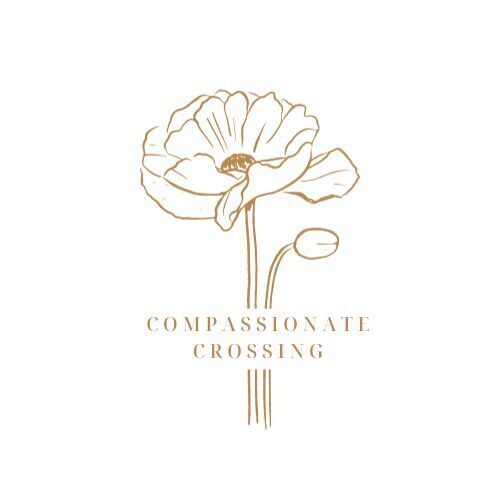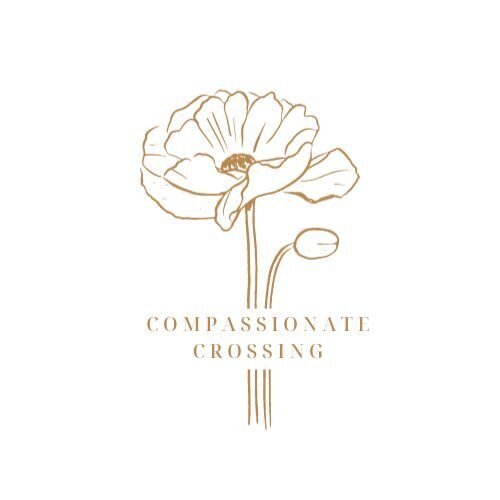Death denial culture is a term that refers to the tendency of modern societies to avoid, ignore, or minimize the reality of death and dying. Death denial culture manifests in various ways, such as:
- The medicalization of death, which treats it as a failure or a problem to be solved rather than a natural and inevitable part of life.
- The sanitization of death which removes it from the public sphere and confines it to hospitals, funeral homes, and cemeteries, where it is hidden from view and handled by professionals.
- The euthanization of death, which uses vague or indirect language to describe it, such as “passed away,” “lost,” or “gone.”
- The commercialization of death, which exploits it for profit and entertainment, such as in the funeral industry, the media, and the entertainment industry.
- The rationalization of death, which tries to explain it away with scientific, religious, or philosophical theories rather than confronting its mystery and uncertainty.
Death denial culture has various negative consequences for individuals and society, such as:
- The loss of meaning and purpose in life, as death is the ultimate limit and challenge to human existence.
- The suppression of grief and mourning, which are natural and healthy responses to loss and separation.
- The increase of anxiety and fear, as death is perceived as a threat or an enemy rather than a transition or a friend.
- The distortion of values and priorities, as death is seen as something to be avoided or postponed at all costs rather than accepted or embraced.
- The erosion of community and solidarity, as death is experienced as an individual and private matter rather than a collective and public one.
Death denial culture can be challenged and transformed by adopting a different attitude and approach to death and dying, such as:
- The recognition of death as a natural and inevitable part of life, which gives meaning and value to every moment and action.
- The integration of death into the public sphere and everyday life, which allows for more open and honest communication and expression about it.
- The celebration of death as a sacred and meaningful event, which honors the life and legacy of the deceased and supports the bereaved.
- The exploration of death as a source of wisdom and inspiration, which invites us to reflect on our mortality and spirituality.
- The cultivation of community and solidarity around death which fosters compassion and empathy for ourselves and others who are facing it.
Death denial culture is not inevitable or irreversible. It is a product of historical and cultural factors that can be changed. By confronting our mortality and embracing our finitude, we can create a more authentic and fulfilling life for ourselves and others.

